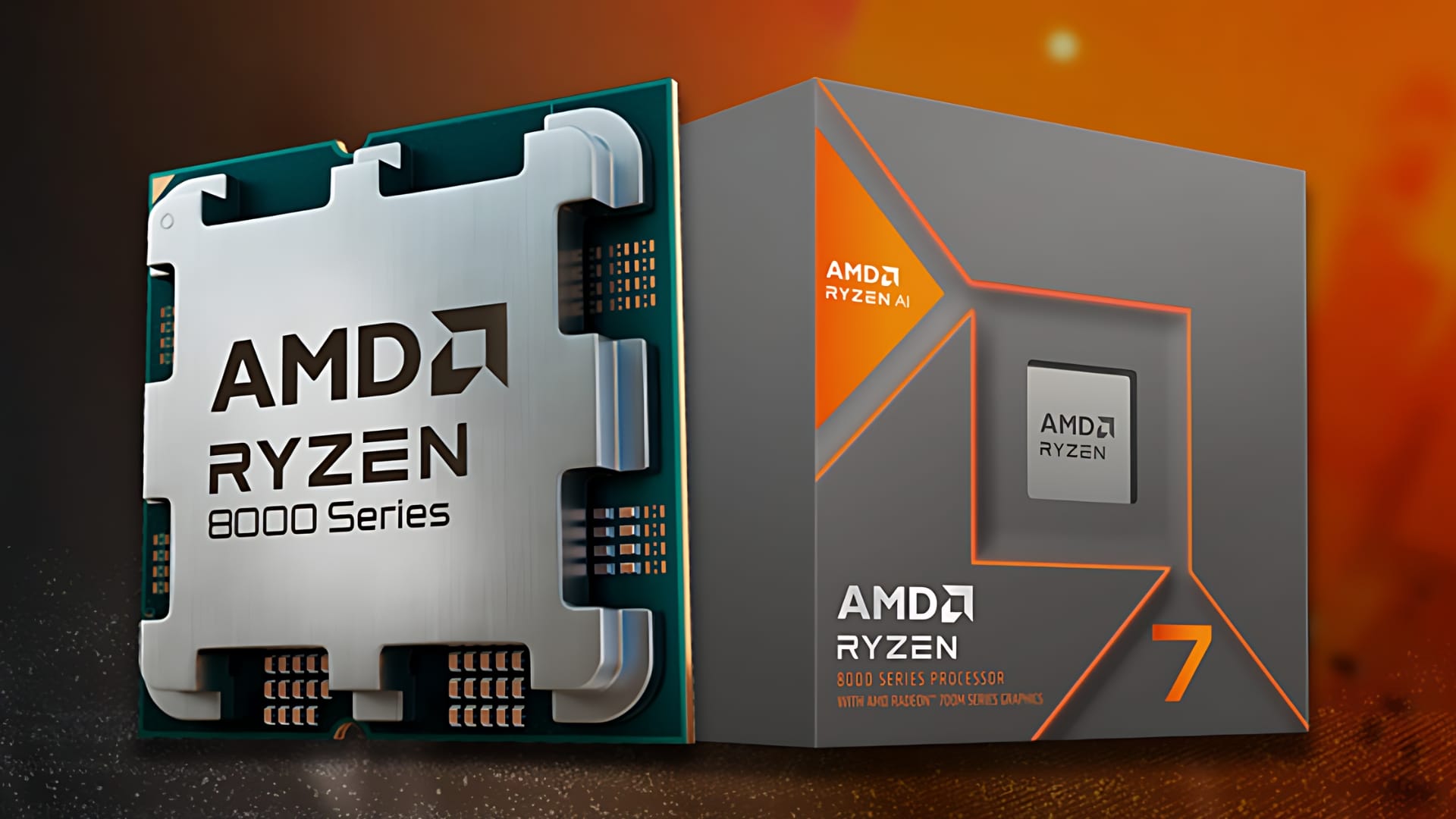AMD dominates in high-performance computing with impressive growth and new innovations
AMD strengthens its lead in high-performance computing with significant growth and new product launches, powering 156 of the Top500 supercomputers.

AMD continues to secure its position as a leader in the high-performance computing (HPC) sector, as revealed at the ISC High Performance 2024 event held on May 13, 2024. The company’s products are now integral to 156 of the world’s top 500 supercomputers, marking a significant 29% increase from last year.
Table Of Content
Frontier leads as the world’s fastest supercomputer
For the third consecutive year, the Frontier supercomputer, located at Oak Ridge National Lab and powered by AMD EPYC CPUs and AMD Instinct GPUs, remains the fastest in the world. It boasts a High-Performance Linpack score of 1.2 exaflops, maintaining its top position on the latest Top500 list. Additionally, Lawrence Livermore National Laboratories (LLNL) introduced three new systems: the El Capitan Early Delivery System (EDS), RZAdams, and Tuolumne. These systems are particularly noteworthy as they are the first on the Top500 list to utilise the AMD Instinct MI300A APU, launched in December 2023. They ranked 46th, 47th, and 48th, respectively, with impressive early submission scores of 19.65 petaflops.
Brad McCredie, AMD’s corporate vice president and general manager of Data Center and Accelerated Processing, highlighted the advancements, stating, “The AMD Instinct MI300A APUs are setting the pace for innovation, delivering leadership performance and efficiency for critical workloads sitting at the convergence of HPC and AI.”
Advancing the next generation of supercomputers
AMD’s collaboration with Hewlett Packard Enterprise (HPE) has been instrumental in advancing the development of the El Capitan system for LLNL. This partnership, which began with the Frontier project, aims to surpass the exaflop barrier with El Capitan. Bronis R. de Supinski, chief technology officer for Livermore Computing at LLNL, expressed optimism about the future capabilities of their systems, particularly the strategic importance of the RZAdams system for advancing scientific research across various domains.
Introducing the new AMD Alveo V80 accelerator
To cater to a broad range of compute-intensive applications, AMD launched the Alveo V80 Compute Accelerator Card. This cutting-edge hardware is designed to address performance bottlenecks in areas such as HPC, data analytics, and network security. The Alveo V80, powered by AMD’s Versal HBM Series adaptive SoC, offers up to twice the memory bandwidth and logic density, and four times the network bandwidth of its predecessors. This accelerator is expected to revolutionise applications, including genomic sequencing, molecular dynamics, and blockchain, among others. Supermicro, a key collaborator, is integrating the Alveo V80 with AMD EPYC CPU-powered servers to enhance performance for their customers.
Expanding the HPC and AI ecosystem
Throughout the year, AMD’s EPYC processors and Instinct accelerators have been chosen for several prominent HPC projects worldwide. Notable examples include the HPC6 supercomputer by Italian energy company Eni and a new system at the University of Paderborn, both powered by AMD technology. Additionally, the High-Performance Computing Center of the University of Stuttgart announced The Hunter system, which will also utilise AMD’s latest accelerators. AGH University of Krakow’s unveiling of the Helios supercomputer, Poland’s fastest system to date, further underscores AMD’s growing influence in the global HPC market.
This continued expansion and innovation underline AMD’s commitment to advancing the HPC and AI fields, providing robust tools for tackling some of the most demanding computational challenges.
















